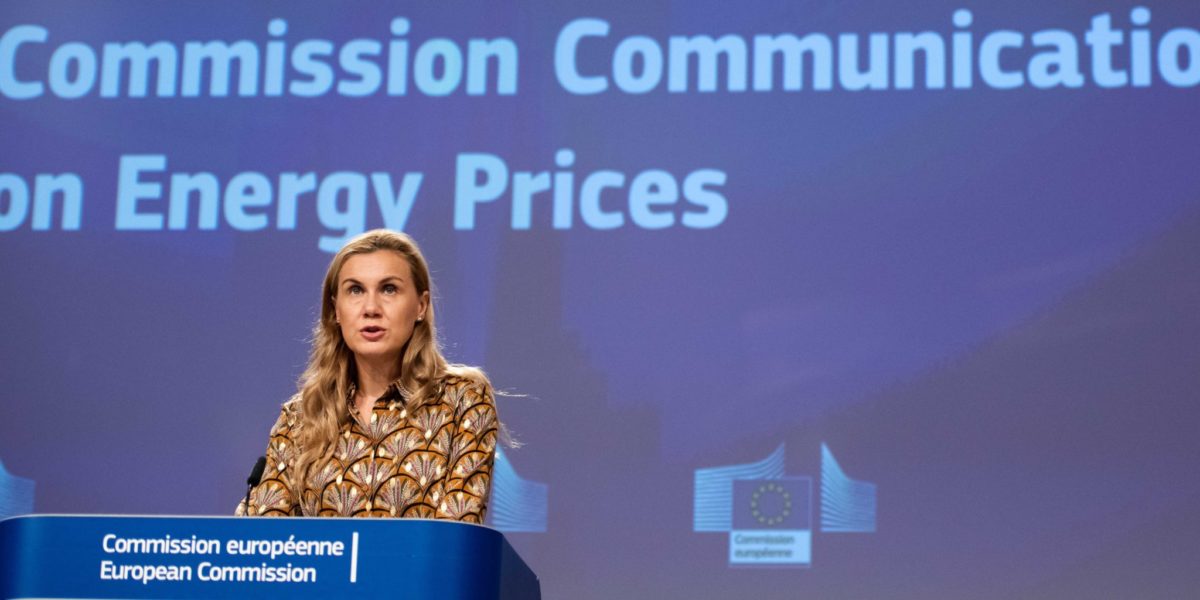The European Commission will not prolong the revenue cap that was introduced in September 2022 for infra-marginal technologies like PV and wind.
In a report on emergency interventions to address high energy prices, the commission concluded that “a prolongation of these measures does not seem necessary or advisable at the current time” because “the EU electricity market supply and prices have now changed considerably from the record high levels last year.” The report states that the electricity demand reduction measures, infra-marginal revenue cap, and retail price- setting rules “contributed to a calming of the European energy markets, alongside the other emergency proposals adopted in 2022.”
The infra-marginal revenue cap on renewables, nuclear, and lignite sets a €0.18/kWh price cap and has been in place since December 2022 in most member states. It is in force until June 30, 2023, except for Austria, Czech Republic, Finland, France, Luxembourg, Poland, Portugal, Slovenia, and Spain, where it will be applied until Dec. 31, 2023.
In Cyprus, the end of the measure will be based on a decision issued by the regulator. In Slovakia, the measure will be in place until Dec. 31, 2024. And in Germany, the period of application can be extended until April 30, 2024, according to the report. The country is reportedly still deciding whether it will extend the measure.
The commission said the implementation of the infra-marginal revenue cap was heterogeneous. In a public consultation on a potential prolongation, most respondents sided against it, arguing that this heterogenous implementation resulted in uncertainty for investors and discouraged new investments. They also said the measure was difficult to implement and had high administrative costs compared with their benefits.
Popular content
It said it had only limited data to report on the revenues generated from the implementation of the revenue cap. Bulgaria collected BGN 321 million ($176 million) in December 2022, while Lithuania collected approximately €10 million by March 9, 2023. Revenues from the cap were originally estimated to exceed €50 billion.
“However, those assumptions already seem unlikely to materialize by the time of the reporting,” said the commission.
The report highlights the concern that the emergency measure's impact on existing power purchase agreements (PPAs) and its discouragement of new ones are key factors in the decision to not extend the revenue cap. Specifically, it raises concerns about situations where the cap applies to fictitious income based on wholesale electricity prices, which could result in producers being forced to sell electricity at a loss.
“A potential prolongation of the measure would hinder one of the objectives set out in the electricity market design proposal, namely to incentivize the uptake of PPAs and ensure as liquid a PPA market as possible,” concluded the commission.
This content is protected by copyright and may not be reused. If you want to cooperate with us and would like to reuse some of our content, please contact: editors@pv-magazine.com.


1 comment
By submitting this form you agree to pv magazine using your data for the purposes of publishing your comment.
Your personal data will only be disclosed or otherwise transmitted to third parties for the purposes of spam filtering or if this is necessary for technical maintenance of the website. Any other transfer to third parties will not take place unless this is justified on the basis of applicable data protection regulations or if pv magazine is legally obliged to do so.
You may revoke this consent at any time with effect for the future, in which case your personal data will be deleted immediately. Otherwise, your data will be deleted if pv magazine has processed your request or the purpose of data storage is fulfilled.
Further information on data privacy can be found in our Data Protection Policy.